

Some of the greatest disappointments in life are born out of high expectations. In the case of Stronghold, a franchise rightfully beloved for being an outlet for all of those childhood fantasies of building forts and repelling the forces of darkness, years of waiting have built expectation to a fever pitch. At the time of the first game’s launch, the combination of city management and real time strategy was unique and gripping, and captured a wide audience looking for a break from the traditional RTS formula. Above all, it was well executed, and fans have been waiting with baited breath for the chance to revisit gaming’s premiere castle building franchise.
The disillusionment begins almost immediately. As soon as you’ve loaded up one of the game’s two campaigns (either military or economic), the clunky presentation douses some of that initial excitement. The story, such as it is, is presented through black and white comics that tell the tale of a dispossessed monarchy whose kingdom has been stolen by an evil usurper. Though the voiceover acting is remarkably good, the still frames don’t do a tremendous job of imparting any momentum or energy to what is a clichéd and unimaginative narrative. And then the proper game loads, and the sighing begins in earnest.
From the outset, the controls are unwieldy at best. Targeting enemies is difficult under the best of circumstances (often the cursor refuses to change to the attack icon, regardless of how closely over an enemy you hover it), and attacking specific enemies amongst a group is almost impossible. On top of that, broken pathfinding and bizarre engagement ranges mean that retreating your wounded or breaking your units into distinct groups only results in more casualties. Regardless of how many times you desperately order soldiers on the brink of death back from the fray, after a few steps they’ll charge right back in as if desperate to throw themselves on your enemies’ blades. Changing their engagement mode to passive stops them from rushing in, but most often results in them standing around glassy-eyed while the enemy hacks them to bits. Flaws like this steal the pleasure from almost every encounter, from slaying stray wolves to epic sieges.
The building and strategy layer retains most elements that made the earlier entries so successful, which has the unfortunate effect of making Stronghold 3 feel overly familiar. The game tends to over-emphasize the constant management of your citizens’ needs and mood, which detracts from the pure joy of building an amazing castle. You’re also given fairly narrow spaces to work in which, given the massive number of ancillary buildings you’ll need to keep your population happy, makes building complex multi-tiered keeps functionally impossible.
The in-game graphics are serviceable but feel flat, and fail to provide much character to a game that is badly wanting for some. Unit models are bland and uninspired, and structures are often difficult to distinguish from one another. While the mechanics being a throwback is charming and evokes nostalgia, the same can’t be said for a graphics engine that feels like it was designed at the turn of the century. Sound design provides some limited relief (zooming down to various buildings provides unique sounds tailored to each) but can’t alleviate the overall sensation that this is a game whose time has already passed.
Revitalizing or reinventing beloved franchises is always a tricky gambit. Developers risk changing too much and destroying the core appeal of a series, or changing too little and producing a sequel that feels more like an expansion pack. Stronghold 3 is a bizarre third outlier, clinging to an aging formula but making changes that actually feel like a step back. The real crime here isn’t that Stronghold 3 is a bad game, it’s the disservice done to a series that has provided so much joy in the past, ruining our nostalgia. Somewhere, a child in a tree fort is weeping.
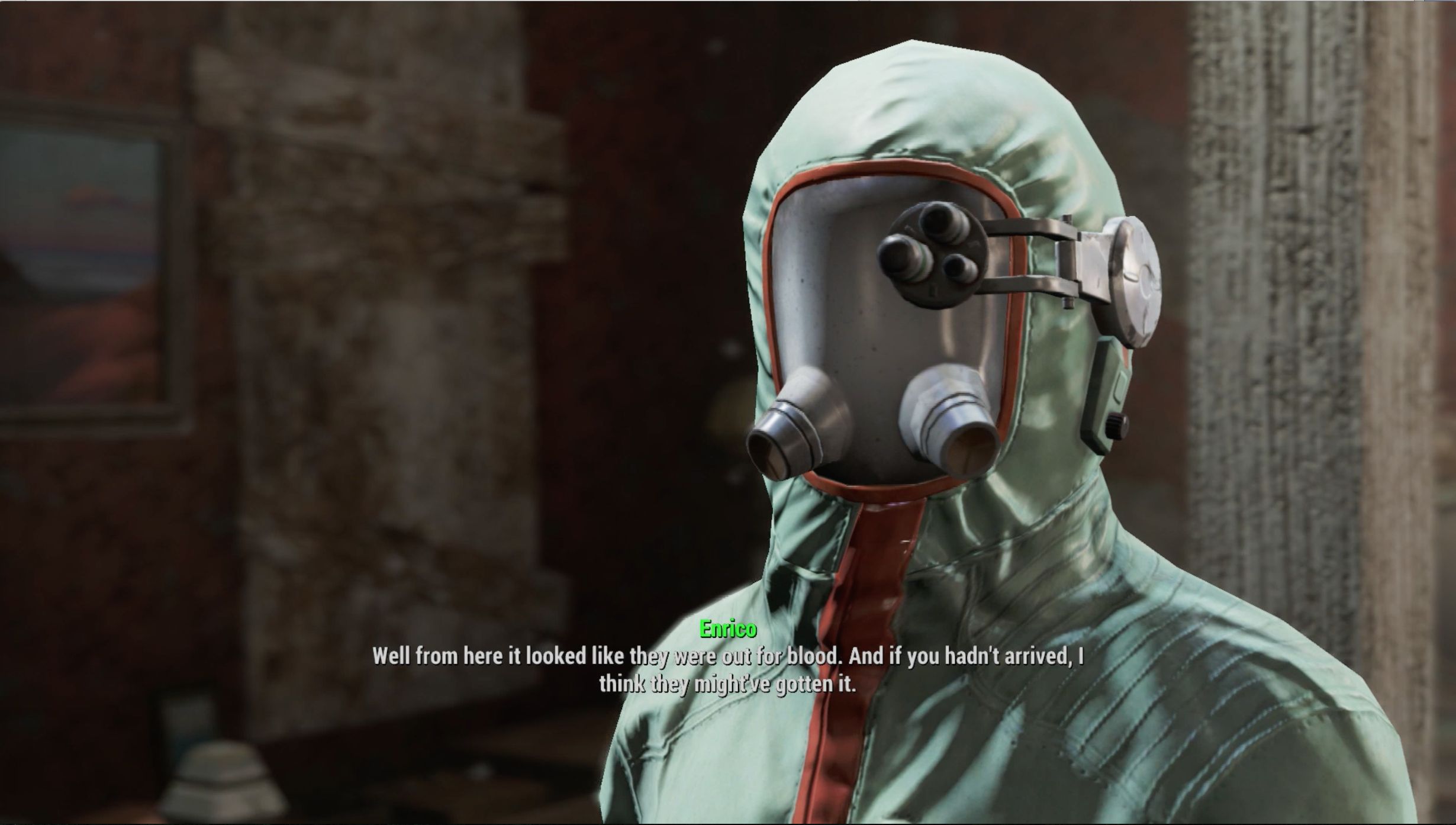


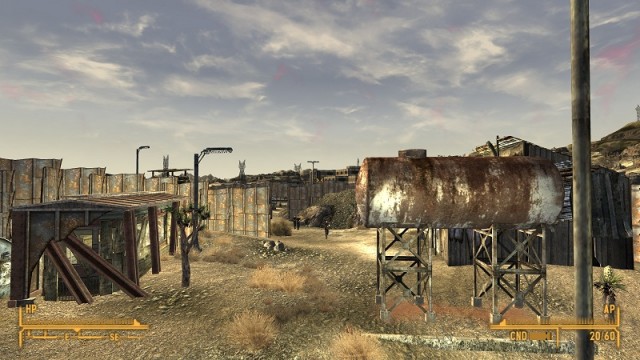
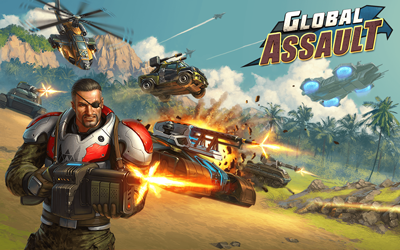 How to get Global Assault More Coins, Better Battles, Resources, Research and more, Tips Guide
How to get Global Assault More Coins, Better Battles, Resources, Research and more, Tips Guide How to turn off Online Multiplayer Invasions in Watch Dogs
How to turn off Online Multiplayer Invasions in Watch Dogs How to Hide OneDrive Completely in Windows 10
How to Hide OneDrive Completely in Windows 10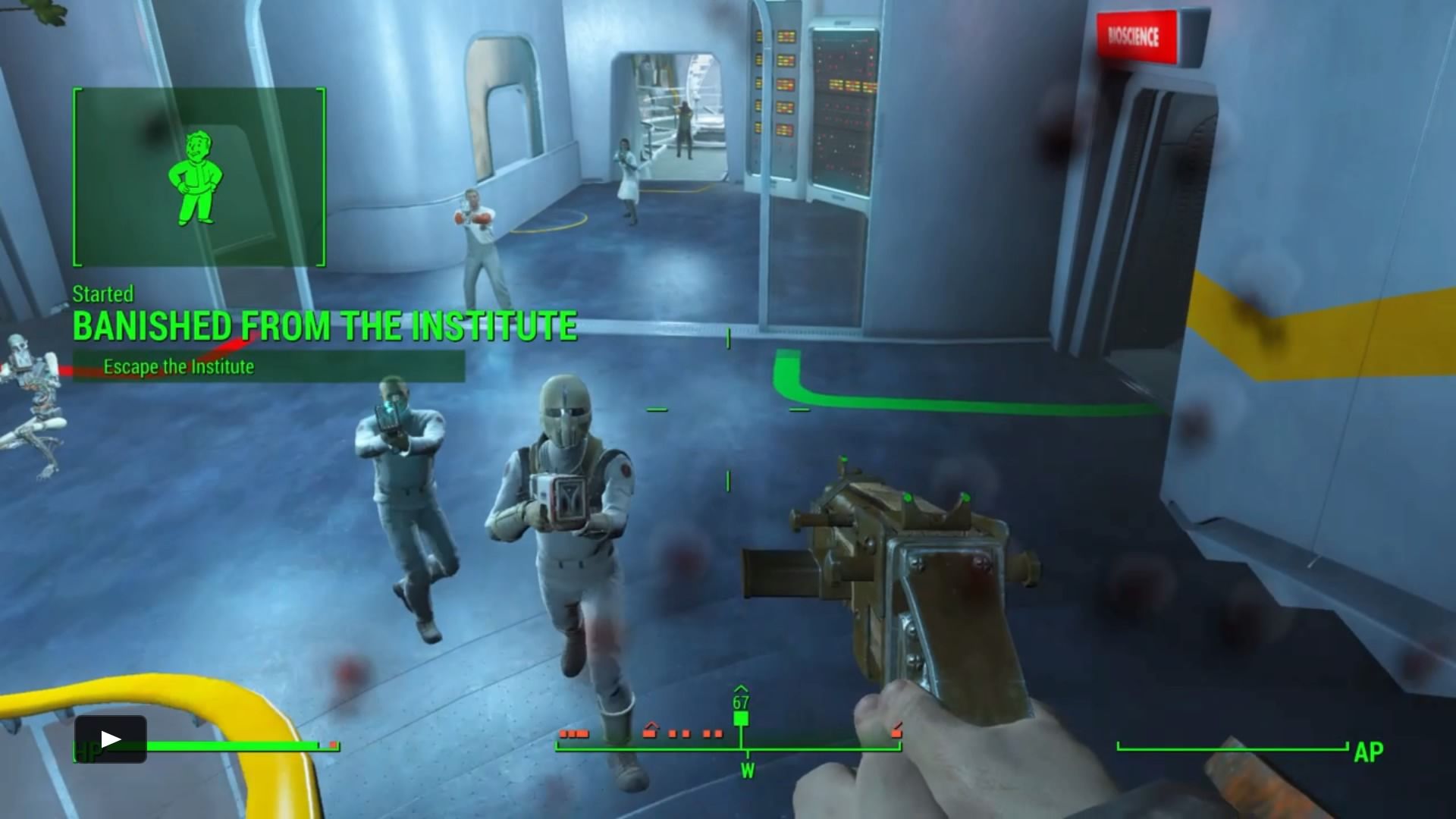 Fallout 4: Banished from The Institute walkthrough
Fallout 4: Banished from The Institute walkthrough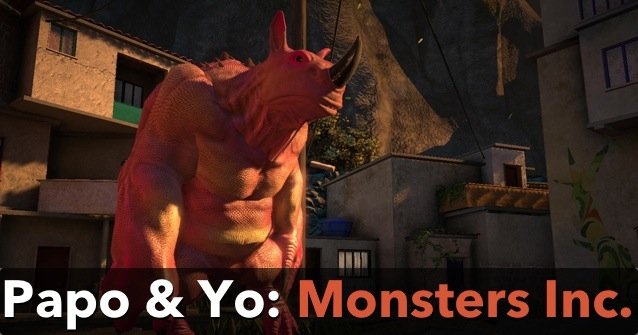 Papo & Yo: Monsters Inc.
Papo & Yo: Monsters Inc.